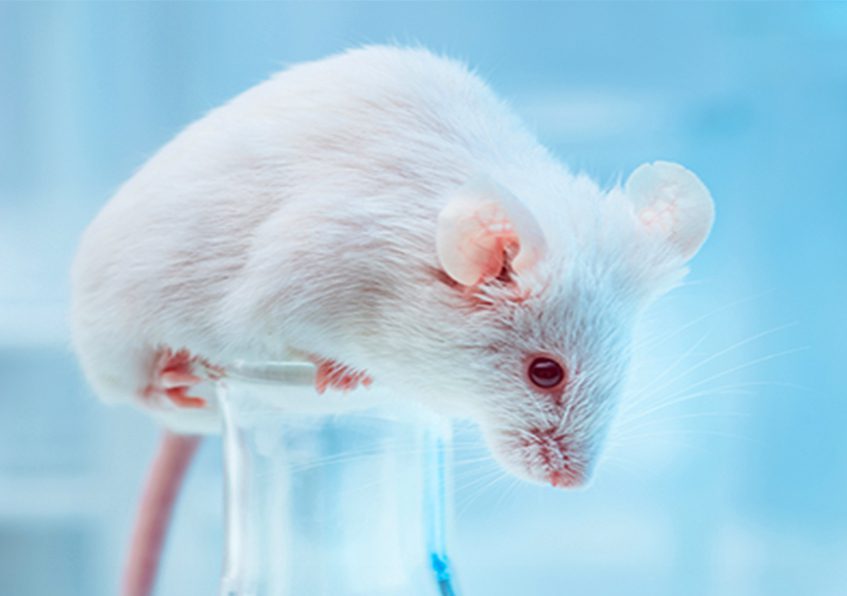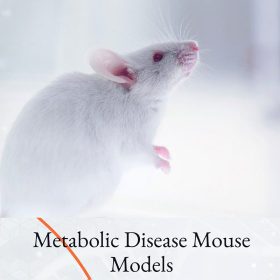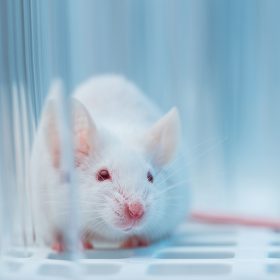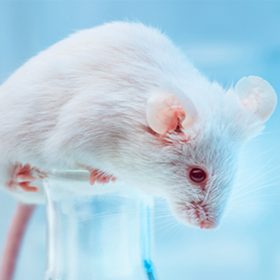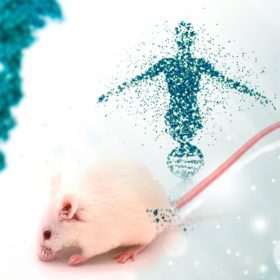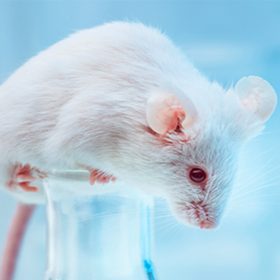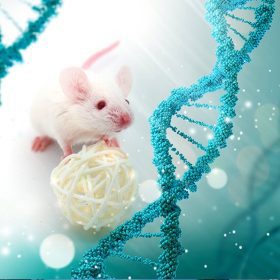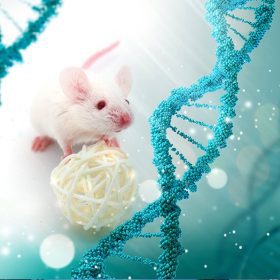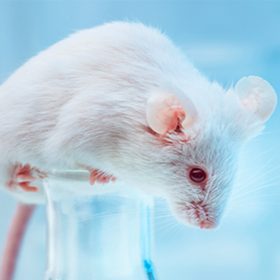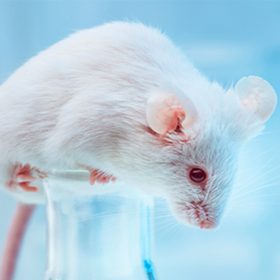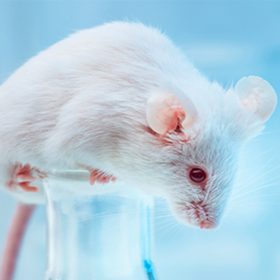Obesity Mouse Models
Obesity Mouse Models
Add to cart
Obesity is a metabolic disorder that can be caused by numerous factors such as diet, environment, lifestyle and genetics.
In addition to weight gain, it can lead to a series of complications, including diabetes, hypertension, hyperlipidemia, and heart disease.
For the in-depth study of the pathogenesis of obesity and the evaluation of relevant therapeutics, GemPharmatech has developed a series of obesity mouse models, including diet-induced obesity models, genetic mutation-induced spontaneous obesity models, chromosomal substitution-based obesity model.
|
Strain No.
|
Strain Name | Strain Type | Description |
|---|---|---|---|
| T017633 | B6-Alms1-del(c.3802-3812) | Cas9-KO(TM) | An 11-bp base deletion in exon 8 of the Alms1 gene in C57BL/6JGpt mice led to early termination of translation of the Alms1 gene, leading to a combined phenotype of obesity, early diabetes and non-alcoholic fatty liver disease. These mice are ideal models for studies on obesity and fatty liver. |
| T002040 | C57BL/6JGpt DIO 60%(Diet Induced Obesity) | Diet-induced | Moderate obesity and mild insulin resistance are induced with a 60% high-fat diet in C57BL/6JGpt mice. These mice are applicable to studies on obesity and obesity-related complications. |
| D000750 | B6-Chr1 YP1 (Wild Mouse) | Chromosome Segment Substitution Lines (CSSL) | After 8 weeks of age, D000750 mice develop spontaneous obesity with significantly elevated cholesterol levels and mildly elevated blood glucose levels. These mice can develop a fatty liver phenotype with age and are applicable to studies on fatty liver disease, hyperlipidemia, cardiovascular disease, and obesity. Western diet (WD) induction accelerates the appearance of NASH symptoms. |
| T001461 | B6-ob | Cas9-KO | In C57BL/6JGpt mice, knocking out the Leptin gene causes severe morbid obesity, temporary blood glucose elevation, compensatory expansion of the islets of the Langerhans, and severe insulin resistance, with mild complications. |

